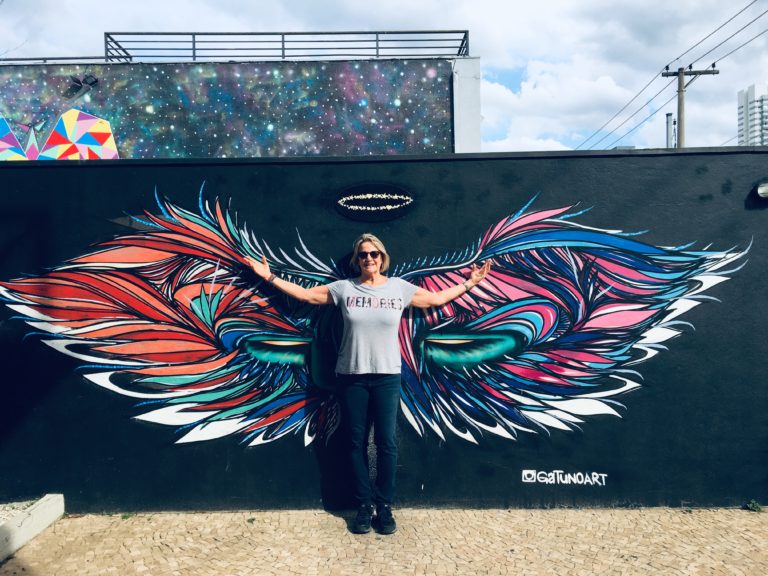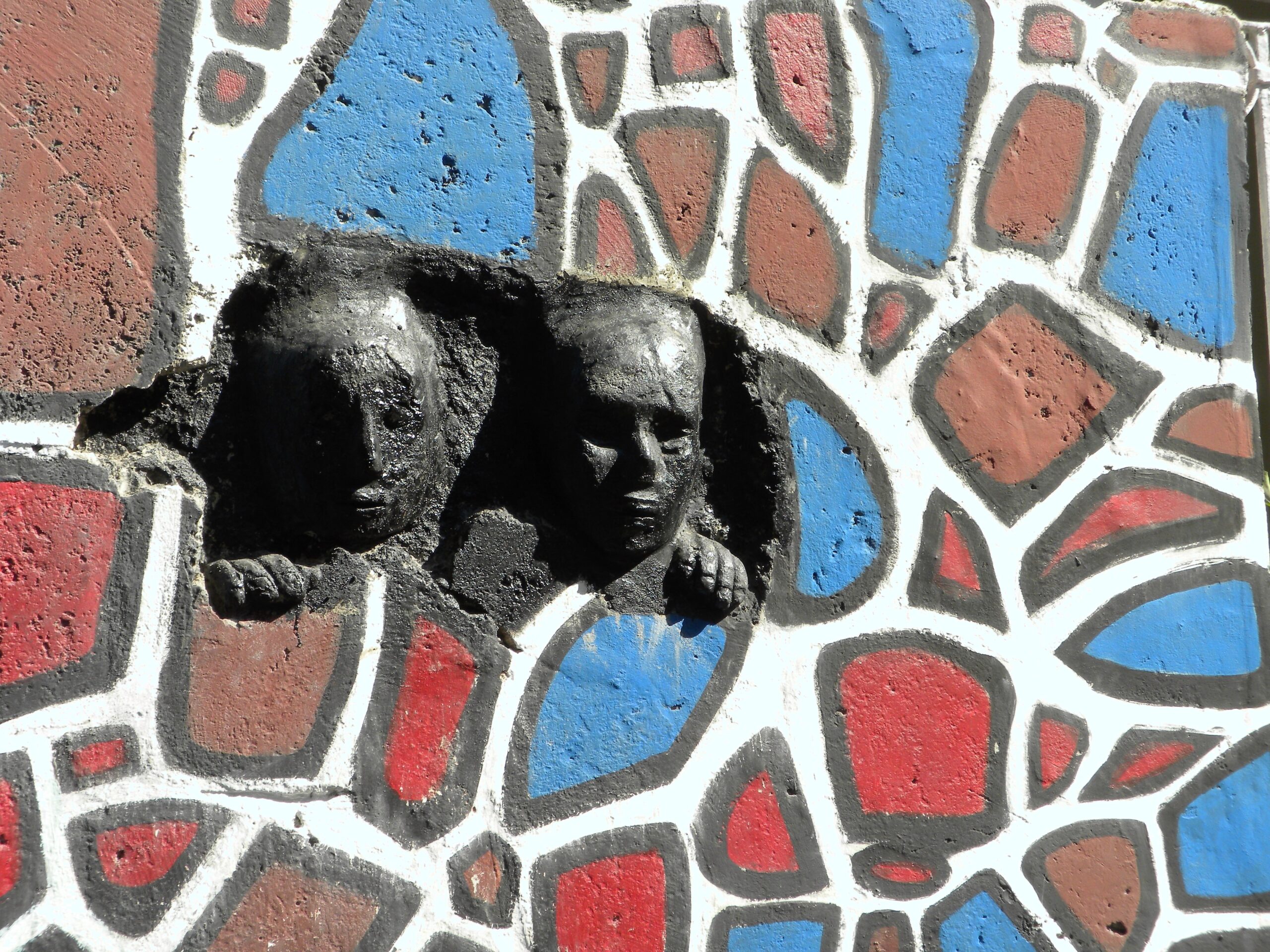When our tour guide in Cuba married his high-school sweetheart, the couple had two choices: move in with his parents and grandparents in an already crowded apartment or share the porch with another couple in the tiny dwelling of her extended family. They chose the porch. There were no other options for the newlyweds in Havana in the early 2000s.
Anthony DePalma’s new book, “The Cubans” reminded me of the stories I heard about ordinary Cubanos when I visited the island-nation on a small group tour in 2016. DePalma’s absorbing tale recounts the lives of five Cubans who resided in the hard-scrabble barrio of Guanabacoa, across the bay from Havana.
Most Americans associate Cuba with its larger-than-life ruler, Fidel Castro, and perhaps the Cuban missile crisis of the 1960s or the Mariel boat lift of the 1980s.
Fidel Castro Still Looms Large
DePalma, a former New York Times foreign correspondent, doesn’t ignore El Comandante and the historical events triggered by the dictator of the communist country just 90 miles from Key West. Castro, who died in 2016 shortly after my visit, remains a focal point, both on and off the island.
But DePalma’s insightful book tells in-depth stories of how people have survived since the revolution in the late 1950s. Some Cubans began as fervent Fidel supporters; others were indifferent from the beginning. But all have suffered through decades of food and housing shortages, as well as from decrepit transportation systems and crumbling infrastructure. What most of the people DePalma writes about share is at least a thread of optimism for the future.
That optimism—along with perseverance and creativity— is what impressed me most about the people I met on my visit to Cuba.
Tour Guide Seeks Freedom in Canada
Clem, our congenial tour leader, pursued an engineering degree that eventually allowed him to immigrate to Canada with his wife and young son. Though he escaped the island’s poverty and corruption, Clem told us he missed his family and the home he loved. He decided to set up a tour company in Toronto to introduce North Americans to the island—and enable him to visit his family.
Our gregarious driver and guide Sergio mesmerized us on our trip to Cienfuegos and Trinidad with stories of how the revolution had divided his father and his brothers, who left Cuba for the U.S. to escape the Batista regime. His father returned to join Castro’s revolutionaries; his brothers did not. Sergio spent his young life abroad as his father represented the Castro government around the world.
But as an adult and manager at Havana’s Marina Hemingway yacht club, Sergio watched with disgust and dismay as the once beautiful yacht club disintegrated into the sea. His pleas for money to repair the aging docks went unanswered. Discouraged, he walked away from a much-envied government paycheck.
Stories of Hunger and Suffering
Everywhere we traveled we met people with a story to tell. Meisy, our young and cheerful guide in Cienfuegos, told us about growing up during the “special times” after the Soviet Union broke up and aid to Cuba ended, devastating the economy. Food was so scarce that her parents went without meals to ensure their daughter had enough to eat.
In the lovely coastal city of Santiago, our guide was a university professor married to a physician. As we walked the cobblestone streets, admiring the city’s dilapidated but still beautiful colonial buildings, the professor told us his wife had accepted a two-year government assignment in Venezuela. In return, he said, she was promised a car. When she rejoined her family in Santiago, there was no car.
I discovered—as did DePalma—that despite personal sacrifices and setbacks, Cubans remain surprisingly hopeful. Sergio told us he had recently bought a late model car and was looking forward to tooling around Havana. But he acknowledged the car was missing a few essential items: a windshield and a working engine. Ever resourceful, Sergio told us he’d located a used windshield in Venezuela that a friend could ship to Cuba. The engine, he hoped, could be rebuilt.
My companions and I couldn’t help but smile at his optimism. We left him what we thought was a big tip at the time. In retrospect, I wish we had done more for Sergio and the others we met in Cuba.
 As a journalist, I’ve written about crime for newspapers, business deals for magazines, cruise ship ports for online travel publications and industry trends for websites. My focus now is exclusively on travel.
As a journalist, I’ve written about crime for newspapers, business deals for magazines, cruise ship ports for online travel publications and industry trends for websites. My focus now is exclusively on travel. 

